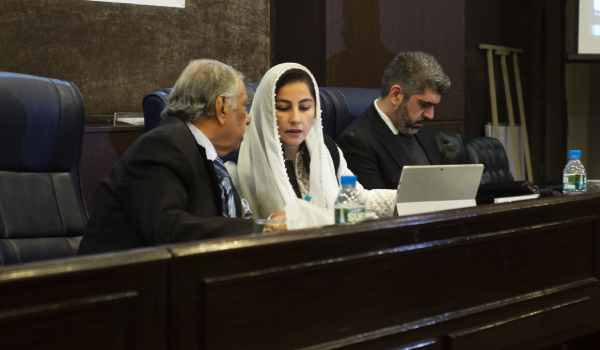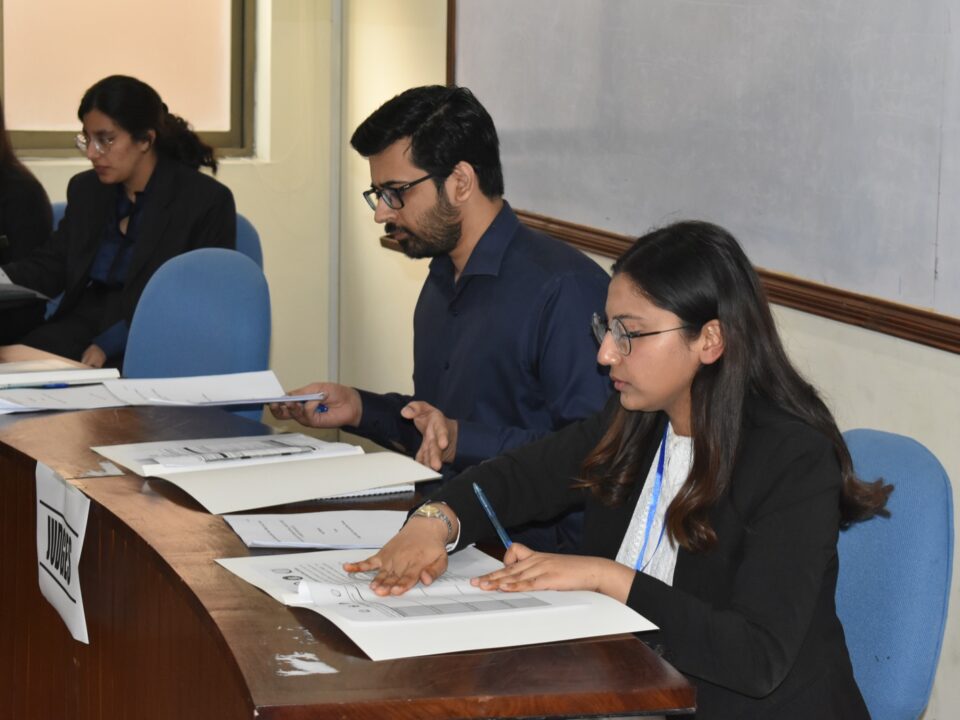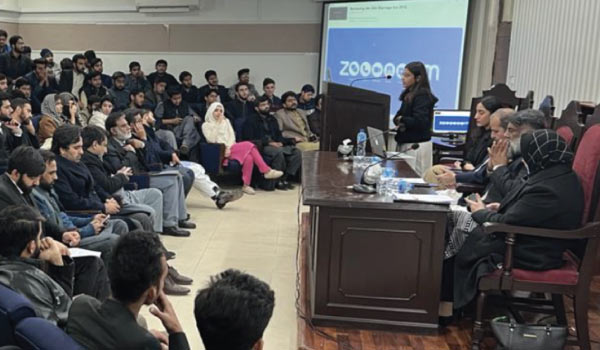ARTICLES
The Crisis of Water Shortage and Pollution in Pakistan and Steps Needed to Slow Down the Crisis
WRITTEN BY
Advocate Ateeb Ali
DATE
12 May 2021

Pakistan is among part of those 36 countries that are water-stressed. The factors that have contributed to the Water crisis in Pakistan includes, an increase in population in urban areas, agriculture, mis-management of water system and climate change. If this water crisis in Pakistan is not solved, experts are of the view that the impact felt by people in the country will worsen. Currently, Pakistan is a water-scarce country because the yearly water availability is less than 1,000 cubic meters per person. The country crossed this level in 2005. If it reaches 500 cubic meters, it will become a country that is absolute scarce of water by 2025. The effect of the water crisis in Pakistan is already being felt among people. In Pakistan, 80 percent of people living in 24 major cities do not have access to clean water.
In Karachi, a city of Pakistan and a hub of business and trade from which almost 40% of the Pakistan economy is driven, many people do not have running water, they are dependent on water trucks to fill their personal and family water tanks. A water truck may come only once a week. The lack of running water is being exploited by what is called the water mafia, which is a group of people that siphon water from the government that is meant for local people and sell it to them for higher prices. Although the government has tried to crack down on water mafia groups, the mafia groups still exist.
In order to help the people of Pakistan to get rid of water shortage and pollution, improve agriculture etc following suggestion / recommendation must be considered in order to avoid serious consequences.
Building Dams: Both large and small scale dams are needed, but every effort must be made to minimise their social and ecological cost interns of population displacement and shock to the existing ecosystem . It will help in the conservation of aquatic biodiversity and other animals, especially during seasonal migration.
Steam based car washing: Switching to steam-based car washing system will not only conserve the freshwater but will also reduce the water and environmental pollution. Artificial rain: Like China, Pakistan needs a rainmaking network throughout the country. This will help in solving the problems of water shortage, protecting the ecology, reducing natural disaster, and conserving biodiversity.
Regulate Tube-Wells Drilling: Since there has been an unregulated use of tube-wells across the country where people extract as much water as they like. Because of this practise, there has been an exponential rise in the number of tube -wells due to which water table is going down in many parts of the country, Therefore, an effective implementation of strict policy is needed to regulate the number of tube-wells.



